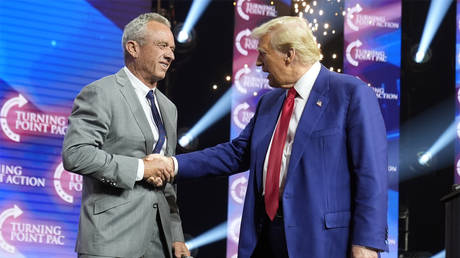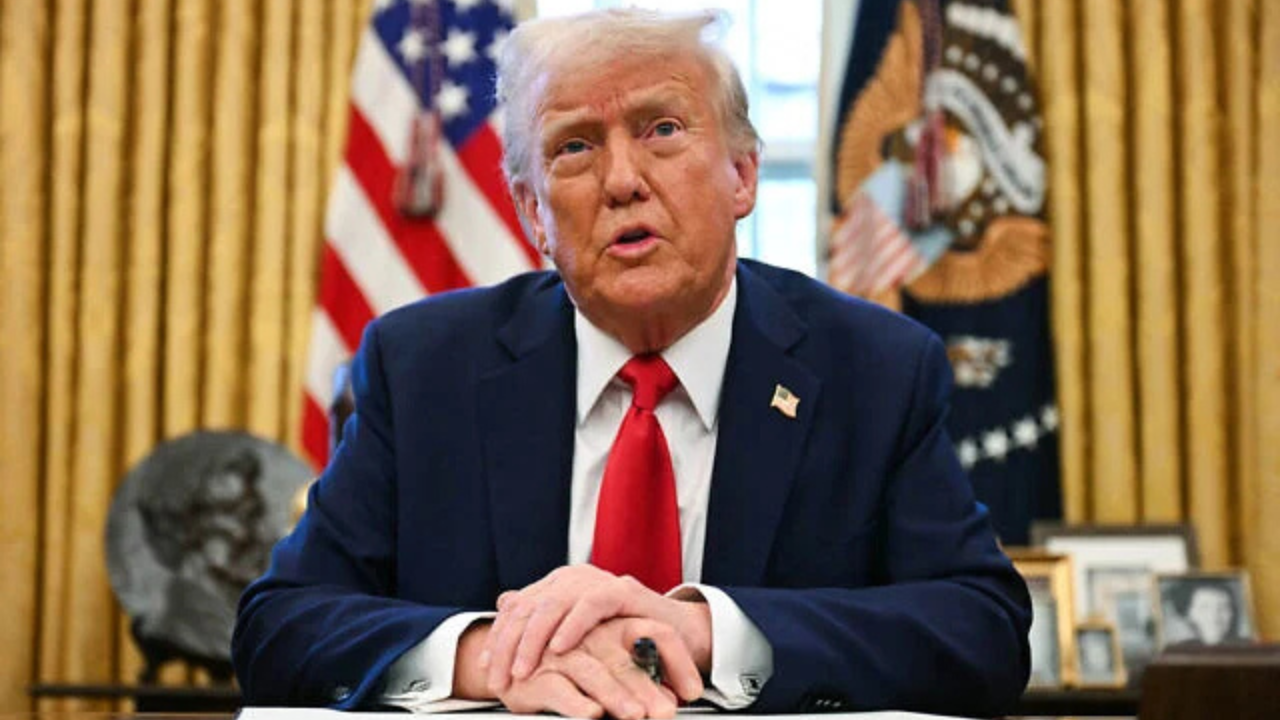ARTICLE AD BOX

President Donald Trump’s decision to impose harsh trade tariffs on China, Canada and Mexico didn't have complete White House buy-in, according to a new report in The Wall Street Journal.
Stephen Miller, Trump's White House deputy chief of staff for policy, and Treasury Secretary Scott Bessent both reportedly voiced opposition to the punitive tariffs, arguing that they were counterproductive to the administration's goals.
The Journal cited anonymous sources to report on Miller's concern "that excessively antagonizing Mexico could jeopardize the country’s ongoing cooperation to interdict migrants attempting to reach the U.S. border," while Bessent "had pushed to have the tariffs start at a lower level and increase over time."
"Trump’s aides privately considered various off-ramps from the president’s pledge for universal tariffs," the Journal reported, "such as tariffing only certain sectors, allowing a grace period before duties were imposed, or exempting major sectors such as cars. But Trump went with the maximalist approach to his tariffs anyway — at least at the outset."
ALSO READ: 'Driven to self-loathing': Inside the extremist website believed to 'groom' teen attackers
In addition, "Trump aides tried to play down the aggressiveness of his trade actions, with National Economic Council director Kevin Hassett saying on CNBC that this is a 'drug war,' not a 'trade war' and that the media and Canadian government were interpreting the tariff orders incorrectly."
Hassett echoed Trump's own assertion that an inflow of fentanyl was to blame for the tariffs.
"Canada doesn’t even allow U.S. Banks to open or do business there. What’s that all about? Many such things, but it’s also a DRUG WAR, and hundreds of thousands of people have died in the U.S. from drugs pouring through the Borders of Mexico and Canada," Trump posted to social media Monday.
Trump announced Saturday that he was imposing 25% tariffs on Mexico and Canada, but temporarily rescinded the order for 30 days after phone conversations with both countries' leaders Monday. A 10% tariff on China went into effect at midnight on Monday, prompting retaliatory tariffs against the U.S.
.png)
 3 hours ago
5
3 hours ago
5








 English (US)
English (US)